3 Early Signs of Glaucoma
Glaucoma is a group of eye conditions that can cause blindness by damaging the optic nerve. It's often associated with a buildup of pressure inside the eye. Recognizing the early signs of glaucoma can make a significant difference in how the disease is managed and how effective treatment from an eye doctor can be. Here, we discuss some of the early signs you should be aware of to safeguard your vision.
1. Loss of Peripheral Vision
One of the first signs of glaucoma is peripheral vision loss. This subtle shift often goes unnoticed until it progresses significantly. People typically detect changes in their direct line of sight more readily than the periphery, which is why glaucoma can be tricky to diagnose in its early stages. Regular eye exams from your local eye doctor are essential for catching vision changes that may not be immediately apparent.
2. Adjust Harshly to Low Lighting
Another early sign of glaucoma is difficulty adjusting to low light conditions. If you find that stepping into a dim room or driving at night has become increasingly difficult, this could indicate the onset of glaucoma. While age-related vision changes are common, a significant decline that affects your day-to-day activities should prompt a visit to an eye care professional. According to The Atlantic, 42% of people between the ages of 12 and 54 were nearsighted in the early 2000s in the United States, and while nearsightedness isn't directly linked to glaucoma, changes in vision at any age should be taken seriously.
3. Experience Frequent Headaches or Eye Pain
Experiencing frequent headaches or eye pain is another early indicator of glaucoma. These symptoms can be a result of the increased pressure in the eye, which is characteristic of many types of glaucoma. Headaches, in particular, might be dismissed as stress-related, so it's essential to consider where and when the pain occurs, especially if it is recurrent and accompanied by other symptoms like vision changes.
Early detection of glaucoma is critical in preventing long-term vision loss. Peripheral vision loss, difficulty adjusting to low light, and frequent headaches or eye pain are key signs that should not be overlooked. If you experience any of these symptoms, it is recommended to consult with an eye care professional promptly. Regular eye exams and mindful attention to changes in your vision can provide an early warning and allow for timely intervention to protect your eyesight. If you need a reliable
eye doctor, contact Jeffries Eye Care today. We cannot wait to assist you!
VISIT US
HOURS
HOURS
CONTACT US
Se Habla Español
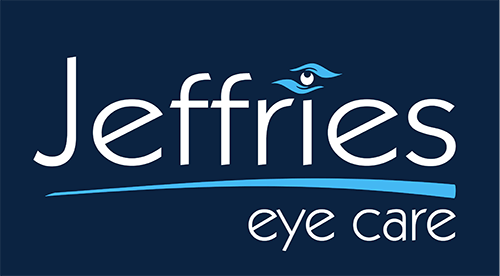
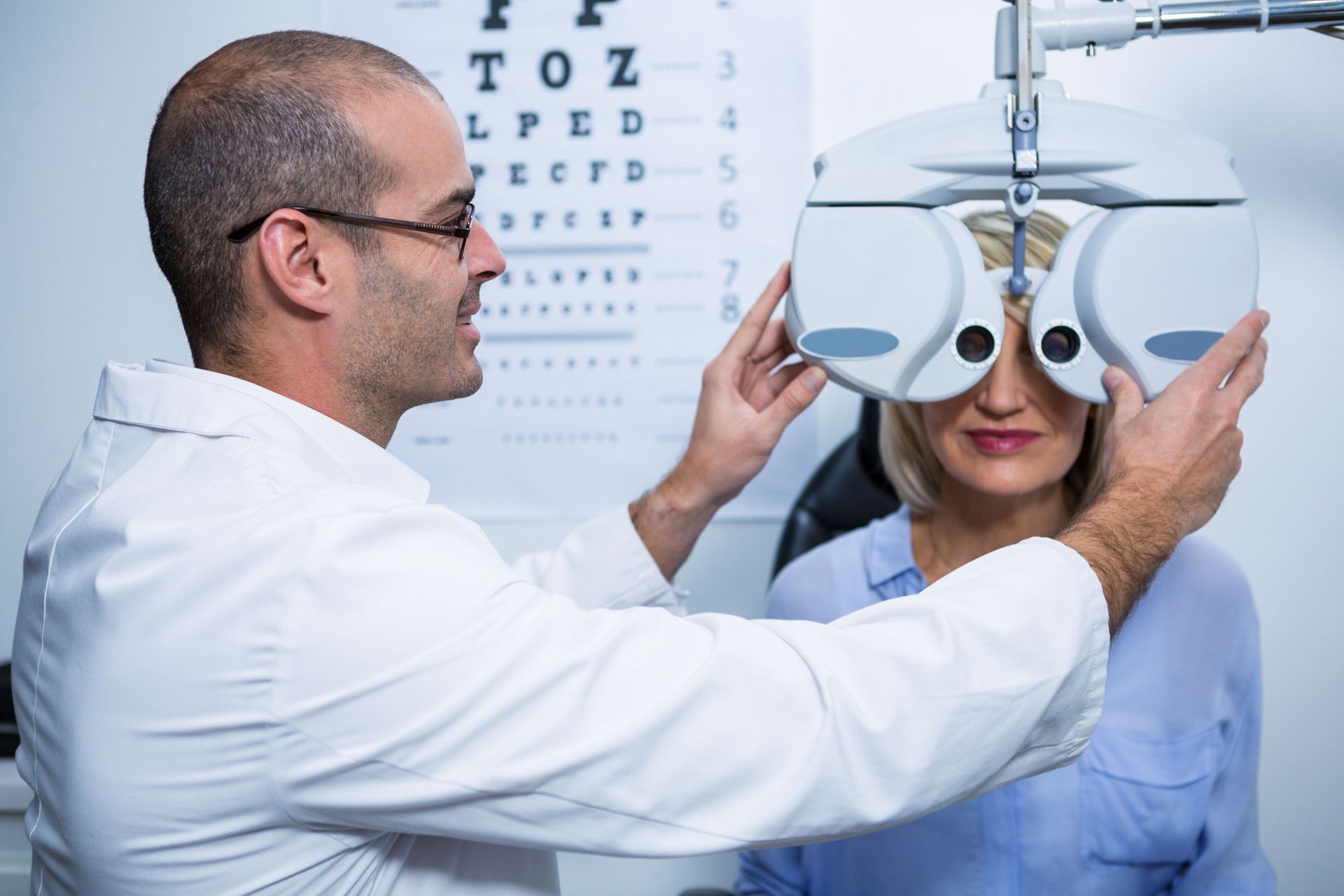
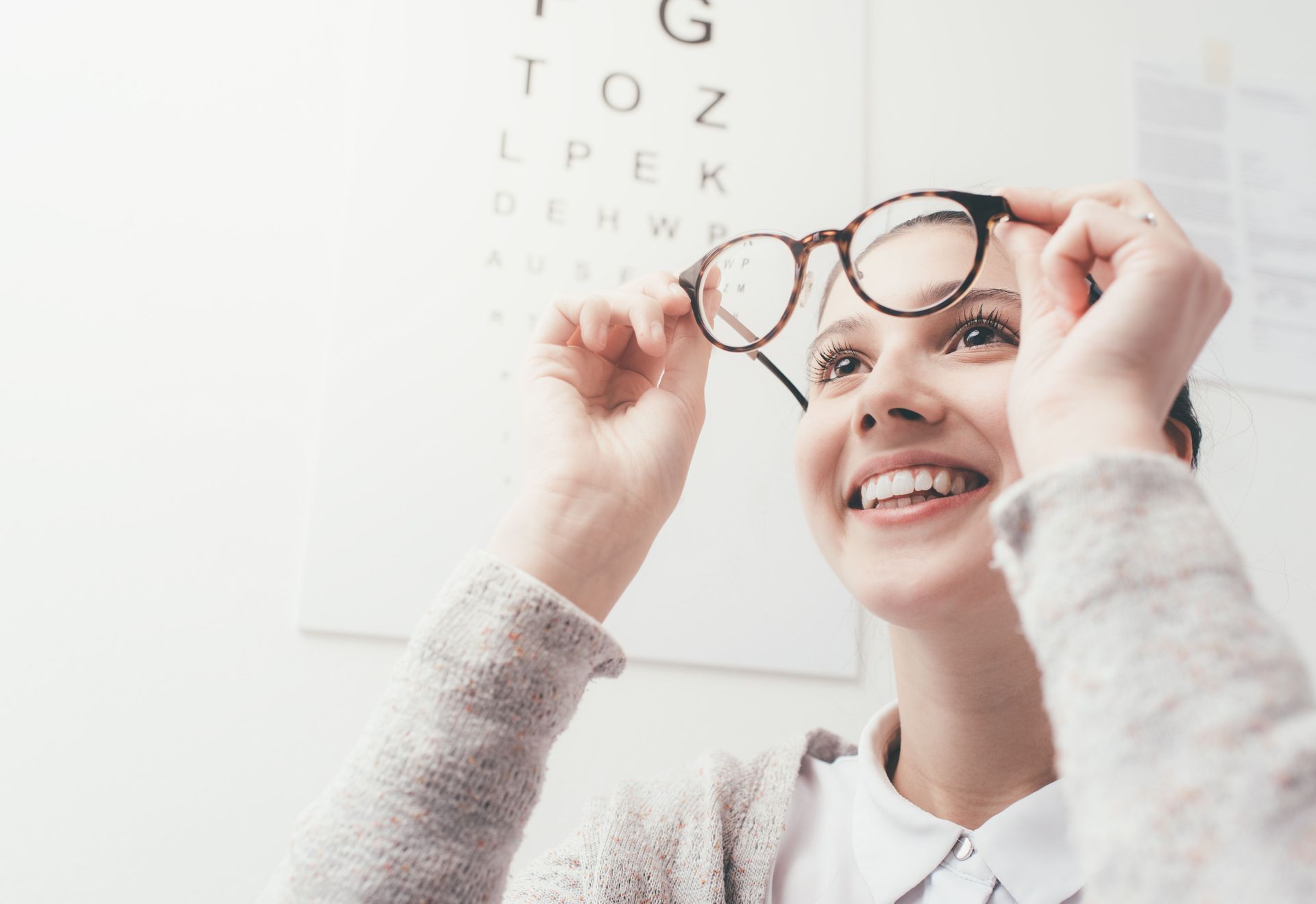
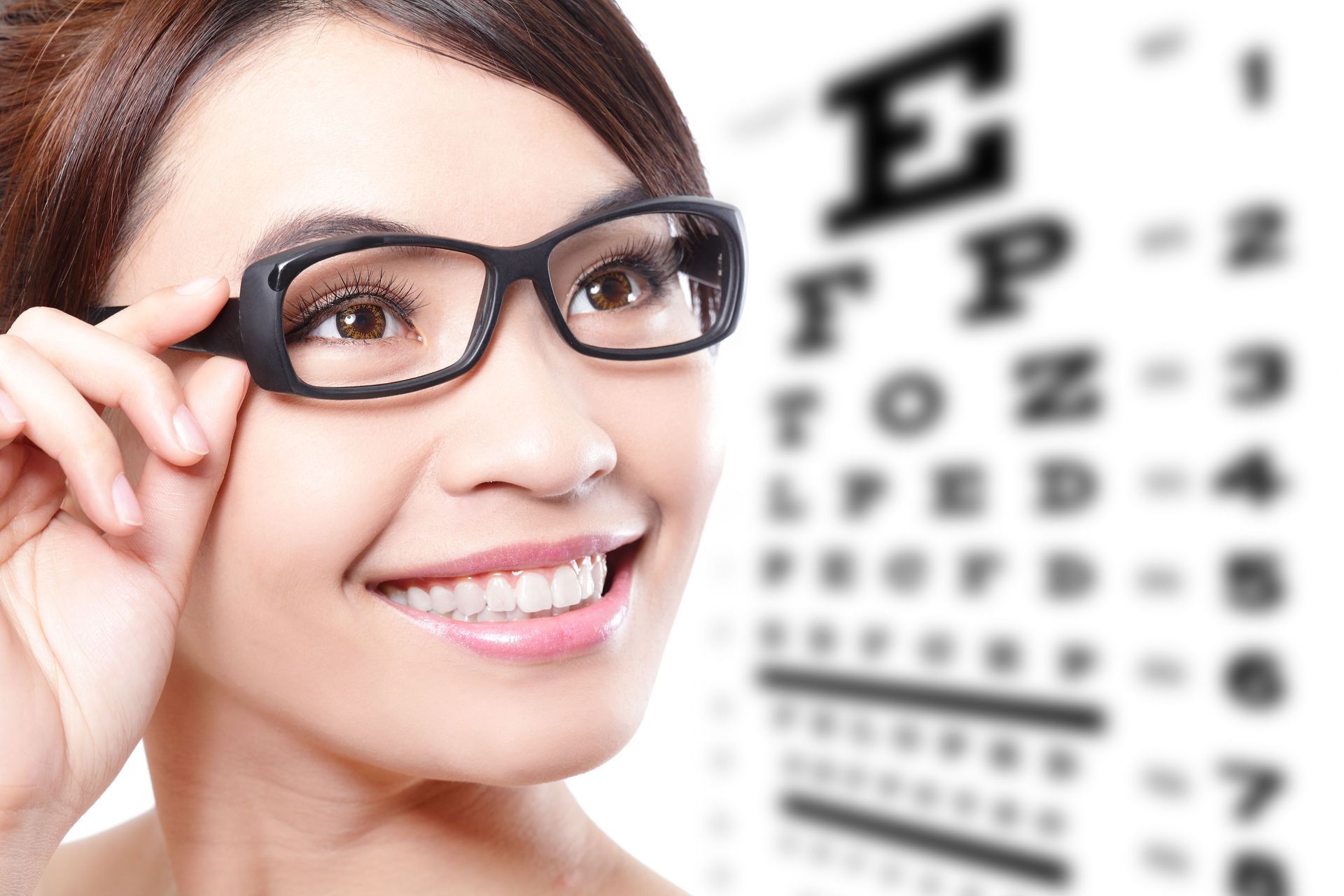
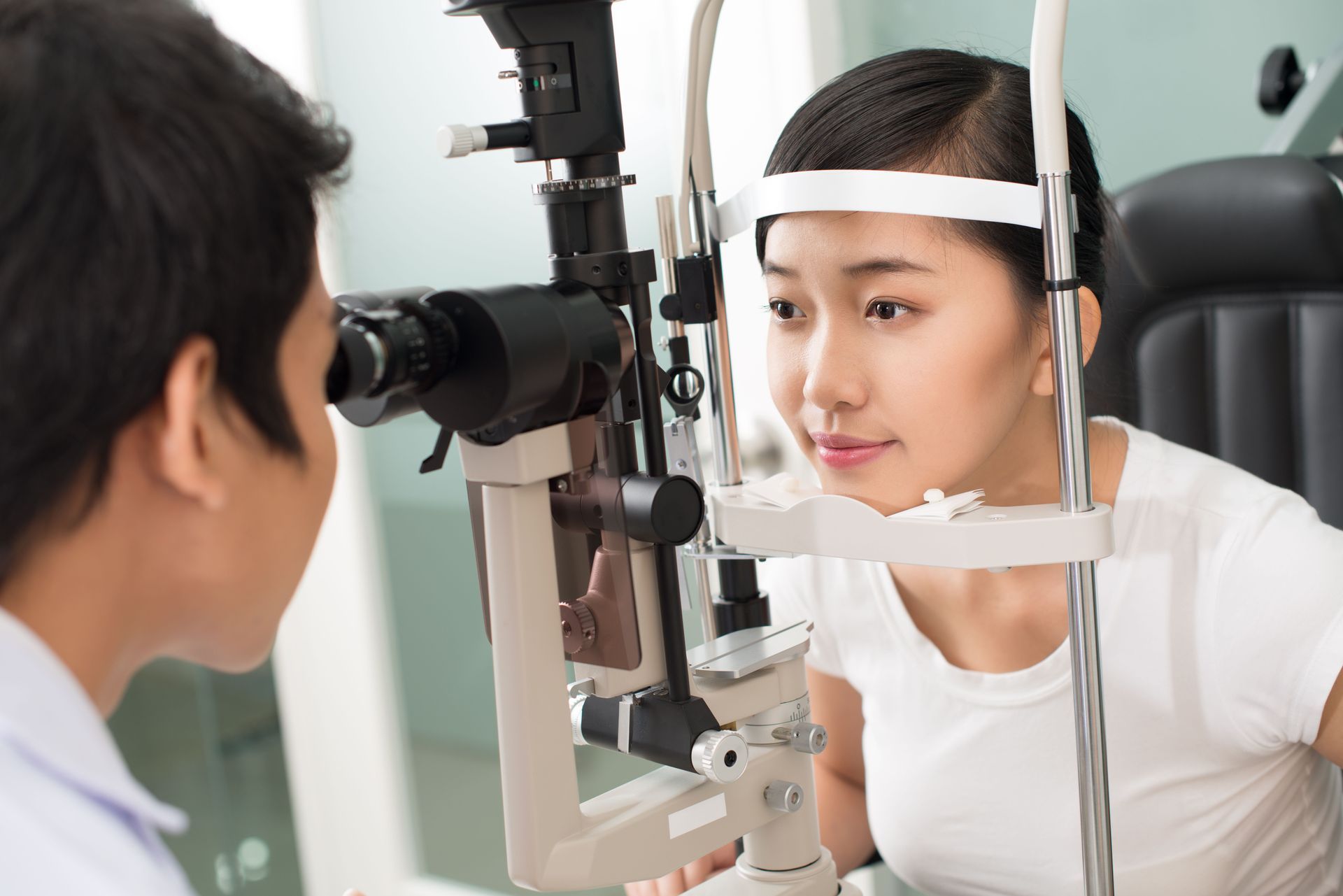

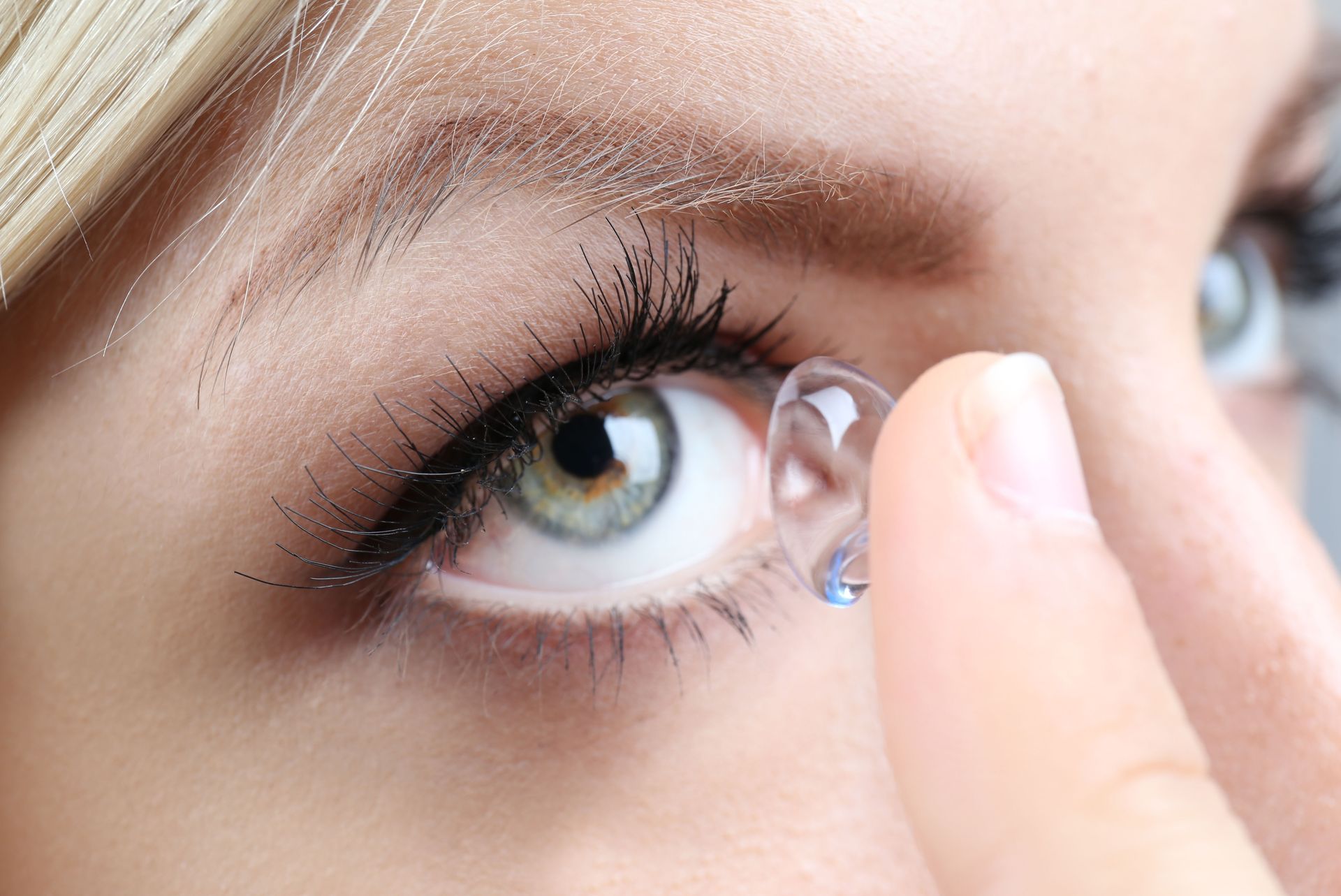
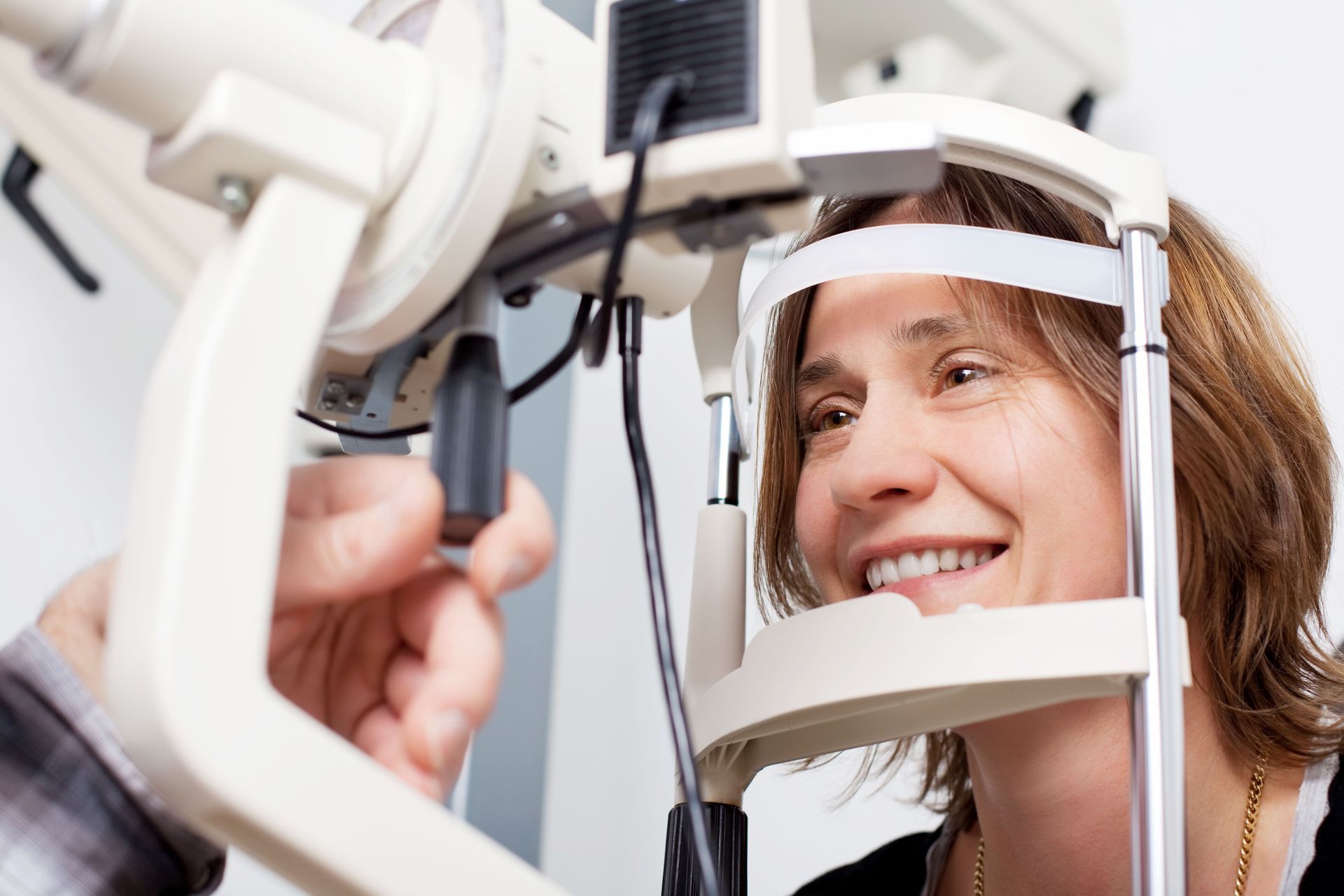

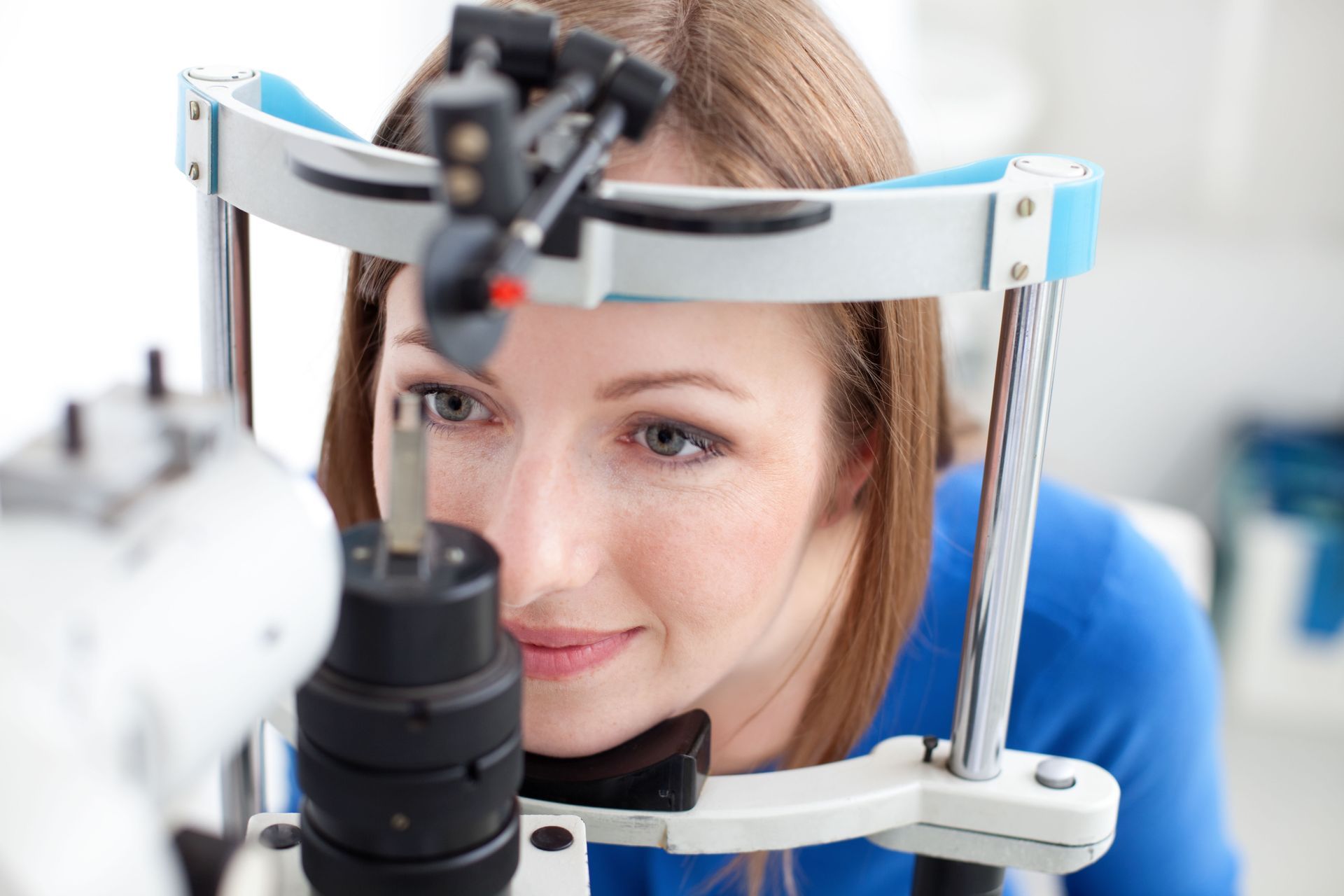
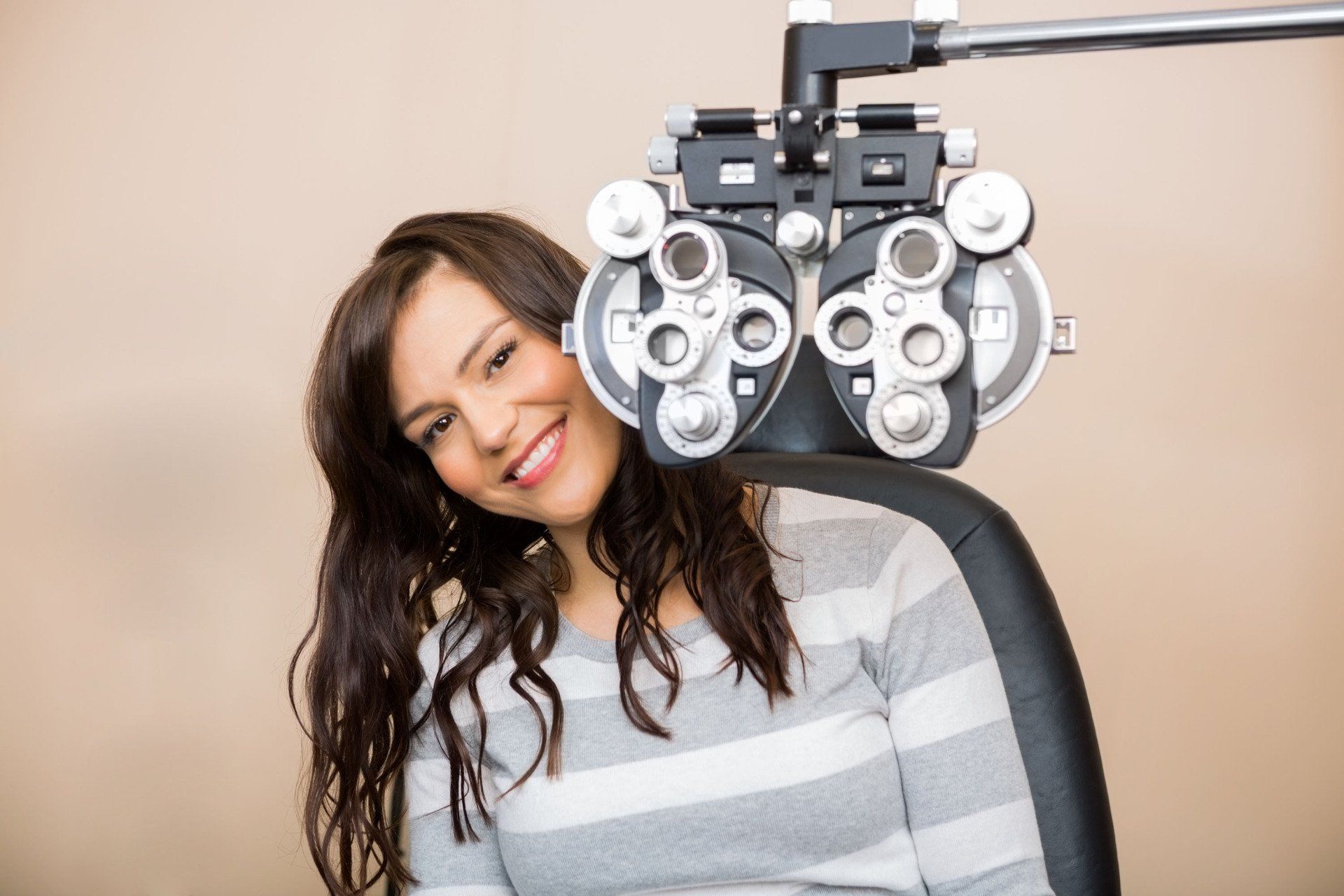
Share On: